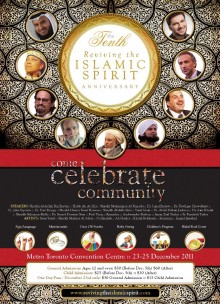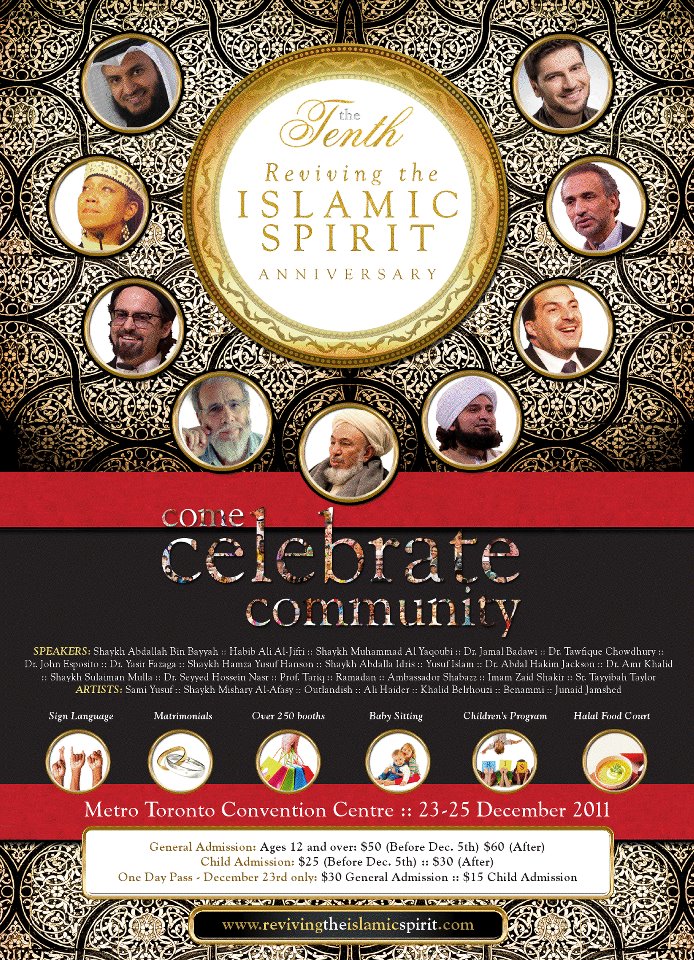The Islamic lunar calendar begins with the holy month of Muharram. Muharram is amongst the months which are classified under the term Ashhur-ul-Horom “sanctified months.” Allah has stated in the Glorious Qur’an “The number of months, according to Allah is twelve months (which is mentioned) in the book of Allah on the day in which We created the heavens and the earth. Amongst these twelve months, four are sanctified; that is the right religion. So do not wrong yourselves’ therein,” (9:3).
The four months according to authentic traditions are Muharram, Rajab, Zul Qadah, and Zul Hijjah. It has been reported that Rasulullah (saw), on the occasion of the last sermon (hajjat-ul-wada), addressed the Sahabah (ra) saying, “One year consists of twelve months, out of which four are sanctified. Three of them are in sequence: Zul Qadah, Zul Hijjah, Muharram, and the fourth is Rajab. (Bukhari)
The eminent commentator (mufassir) Ibn Katheer has written in his commentary (tafseer), “Allah has declared these four months sanctified and has increased their sanctity. He declared a sin therein more severe and has increased the virtue and reward of good deeds as well” (Ibn Katheer, Vol.2): The scholars of Islam have stated that the actions performed in these months have a great effect on the person as to what they will do, throughout the remainder of the year.
FASTING DURING THE MONTH OF MUHARRAM:
It has been reported by Ali (ra) that a man came to Rasulullah (saw) and asked, “0 Prophet of Allah! During which month should I fast after the month of Ramadan?” Rasulullah (saw) replied, “If you are to fast in any month other than the month of Ramadan, fast during the month of Muharram, because it is the month of Allah. There is a day in this month in which a whole nation was forgiven and wherein Allah will forgive another nation,” (Tirmidhi H. 683).
THE ORIGIN OF THE FAST OF A’ASHURA: (10th MUHARRAM).
The word A’ashura is derived from the Arabic word which means ten in the English language. It has been named A’ashura because it is observed on the 10th of Muhharram. According to numerous authentic traditions, fasting on the day of A’ashura was initially obligatory upon the Muslims. However, it was made optional when Allah commanded the Muslims to fast throughout the month of Ramadan.
It has been reported by A’isha (ra) that when the Rasulullah (saw) came to Madinah, he fasted on the day of A’ashura and directed the people to fast on that day as well. However, when the fast of Ramadan was made obligatory, the obligation of fasting was confined to Ramadan, and the fast of A’ashura was made optional (Abu Dawood).
Nevertheless, Ibn Abbas (ra) relates, when the Prophet of Allah (saw) was informed that the Jews fast on the 10th of Muharram, Rasulullah (saw) asked them, “Why do you fast on this day?” They said, “This is the day when Sayyidna Musa (as) and his followers miraculously crossed the Sea, while Pharaoh was drowned in its water.” Upon hearing this Rasulullah (S.A.W) stated, “We are more closer to Musa than you.” He then directed the Muslims to fast on the day of A’ashura(Abu Dawood).
In addition to fasting on the 10th of Muharram, we should also fast on either the 9th or the llth. As Rasulullah (S.A.W) was informed that the Jews also fast on the 10th of Muharram, he said, “If I will be alive next year, I will also fast on the 9th of this month” (Muslim H. 1917).
VIRTUES OF FASTING ON THE 10th OF MUHURRAM:
Abdullah ibn Mas’ud (ra) relates that Rasulullah (saw) preferred the fast of A’ashura to the fast of other days and preferred the fast of Ramadan to the fast of A’ashura (Bukhari, Muslim).
Abu Qatadah (R.A) relates that Rasulullah (saw) said, “The fasting of the tenth of Muharram grants the forgiveness of one whole year,” (Tirmidhi H.683).
BEING GENEROUS TO ONES FAMILY ON THE DAY OF A’ASHURA:
Abdullah Ibn Mas’ud relates that Rasulullah (saw) stated, “Whosoever is generous to one’s family on the day of A’ashura, Allah will be generous (provide barakah) towards that person throughout the entire year,”(Razeen).
According to these types of traditions, one should be more generous to his/her family by providing more for them on the day of A’ashura as compared to other days. Although these traditions (above-mentioned tradition) are not very authentic according to the scholars of hadith, many other eminent scholars like Imams Ibn Hibban and Bahiqi have accepted them as reliable.
by Shaykh Fayaz Tilly
READ ARTICLE





